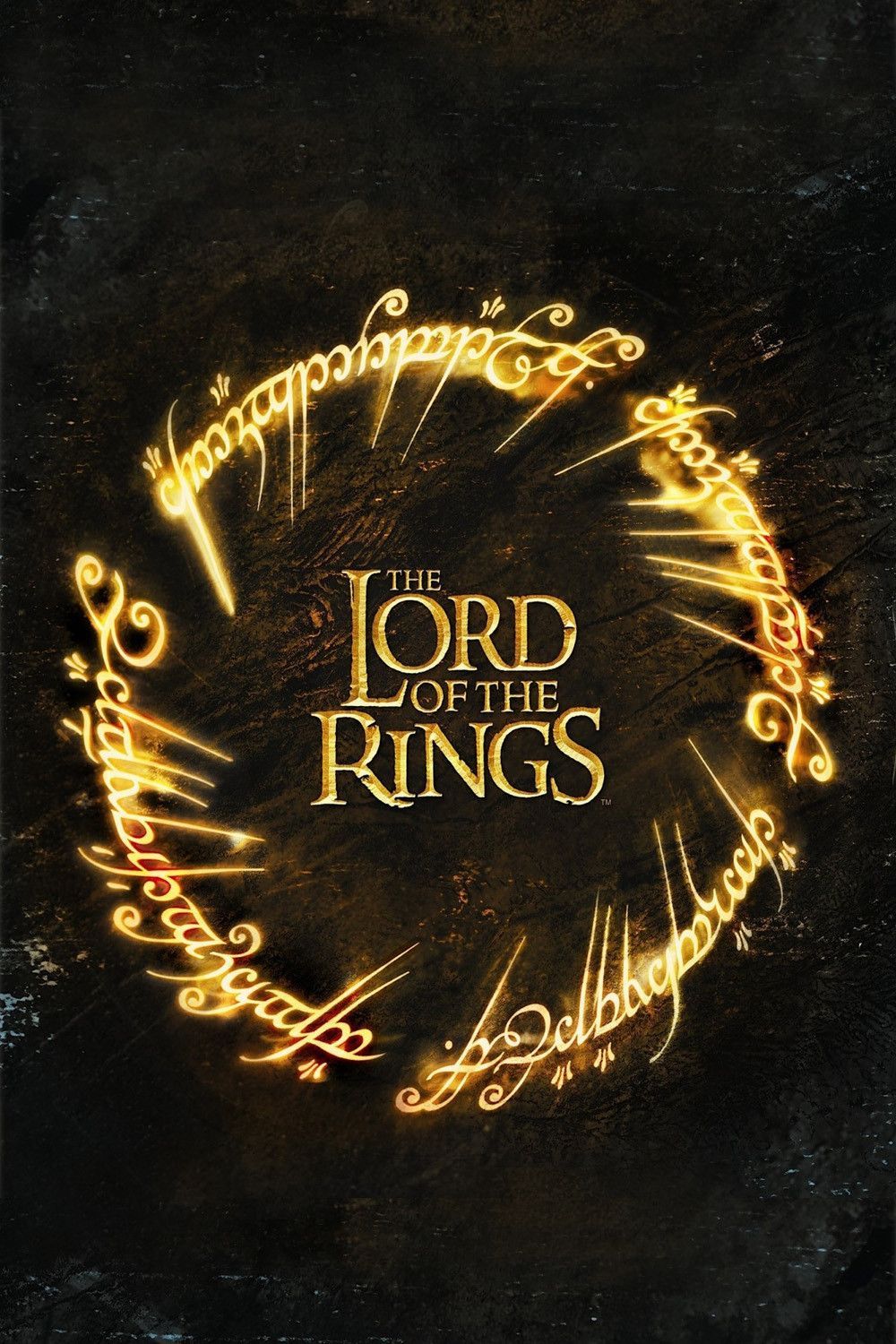The Lord of the Rings was full of fantasy languages created by J.R.R. Tolkien himself, and Quenya may be the one most people would recognize, if they recognized any. The Ring-inscription of the One Ring is a famous example of Tolkien’s language construction, sporting Tengwar script. Gandalf and Frodo can be seen observing this in Peter Jackson’s The Lord of the Rings movies. Complexly, although this inscription uses the Elvish Tengwar alphabet, it is written in the Black Speech, which is Sauron’s language. Middle-earth’s languages were full of painstaking details like this, and Quenya more than most.
The Lord of the Rings put forward what may be the most detailed world-building in the history of literature. Not only did Tolkien create family trees and maps, but he created several languages to go alongside the many fantasy races that he populated Middle-earth with. Black Speech and the Elves’ Quenya were two radically different languages. They showed the breadth of Tolkien’s understanding and experience as a linguist and philologist – philology being the study of languages. Quenya was spoken by many types of Elves, leading it to form the roots of thousands of words in Lord of the Rings.
Where The Quenya Language Is From In Lord Of The Rings
Quenya Was An Ancient Language
In The Lord of the Rings, Quenya was the tongue of the Elvish Eldar, the High Elves in Middle-earth. But this is also an over-simplification of the reality – Quenya had a hugely complex history. Common Eldarin was the term used for the Elvish language spoken of old by the first Elves who had awoken in Cuiviénen and marched west. The Elves’ awakening marked the beginning of the First Age of Middle-earth (according to Morgoth’s Ring). Over the First Age, Common Eldarin ended up splintering into Quenya and Common Telerin.
The Teleri, speaking Common Telerin, were one of the three great houses of Elves, along with the Vanyar and the Noldor. The Vanyar and the Noldor gradually started speaking Quenya, after the Teleri developed their own tongue. The Elves marched all the way to Valinor, located at the westernmost point of Arda – the world on which Middle-earth was just one continent. The Vanyar stayed in Valinor, speaking Quenya, whereas many Noldor migrated back to Middle-earth and started speaking other languages, with one in particular becoming the primary spoken Elvish language.
Quenya Is Not The Only Elf Language In Middle-earth
Tolkien Created Multiple Languages
Galadriel was the “greatest of the Noldor, except Fëanor maybe,” and it was Fëanor that led the Noldor back overseas from Valinor to Middle-earth, where they would eventually stop using Quenya, for the most part. Another Elvish language had developed on Middle-earth while the Noldor were busy crafting, smithing, and butchering other Elves in warlike pursuits. The Teleri were spread across Middle-earth by this point in The Lord of the Rings timeline, and had fractured into numerous civilizations, with many coming to speak a language called Sindarin.
The Avari Elves, who never traveled West from Cuiviénen, had their own range of languages, according to
The War of the Jewels
by J.R.R. Tolkien, published posthumously and edited by Tolkien’s son.
Fëanor had, in fact, led the Noldor overseas at great expense, ransacking a Teleri settlement and stealing their ships when they refused to give him aid. The Noldor who reached Middle-earth, including Galadriel, preferred not to speak of this. Galadriel was not an active participant in the Kinslaying at Alqualondë (Aman’s harbor) and came to reside in Doriath with the Teleri-descended, Sindarin-speaking Sindar. When the Noldorin crimes against the Teleri came out, the Sindar banned the use of their language in anger and regret, and henceforth Sindar overtook Quenya as Middle-earth’s main Elvish language.
Which LOTR Characters & Races Can Speak Quenya
Some Men Learned Quenya
Quenya was an Elvish language, but Elves weren’t the only race to learn it. In The Lord of the Rings, Tolkien tells of how many Númenóreans learned Quenya through their friendship with the Elves. Before the fall of Númenor, it was a thriving island kingdom in the west of Arda, representing one of the world’s most technologically advanced societies. Therefore, Númenóreans were proficient in history and lore and pursued the learning of Quenya as an academic pursuit.
In the Second Age of Middle-earth, after Thingol’s ban of Quenya, it had fallen out of common usage but had become a Latin of sorts for Middle-earth’s Elves and educated society. Therefore, Númenóreans and Elves used it for “high matters of lore and song,“ according to “Of The Elves” in “Appendix F” of The Lord of the Rings. This is the kind of Quenya content that Númenóreans were reading, and the kind of content that got passed down from various sources to end up in locations as remote as the Shire.
Quenya’s influence could be felt as far as Hobbiton, proving its profound impact on Middle-earth and its many peoples.
In The Fellowship of the Ring, part one of The Lord of the Rings, Frodo and the Hobbits bumped into Elves for the first time in the woods, although this was sadly cut from The Lord of the Rings: The Fellowship of the Ring movie. On meeting Gildor and his company, Frodo said “Elen síla lúmenn’ omentielvo,” which was a Quenya greeting meaning “a star shines on the hour of our meeting.” Adar also said this to Galadriel in The Lord of the Rings: The Rings of Power. Evidently, Quenya’s influence could be felt as far as Hobbiton, proving its profound impact on Middle-earth and its many peoples in The Lord of the Rings.

